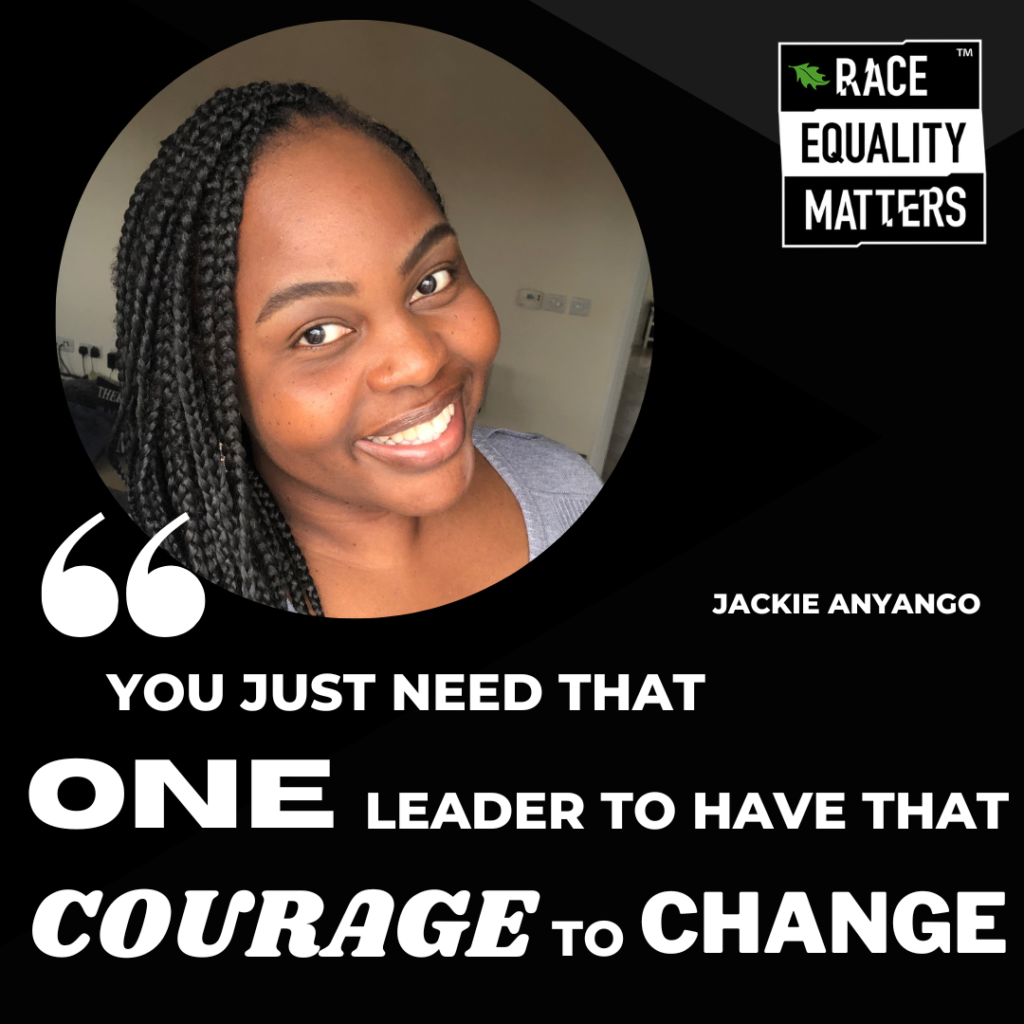What are the biggest barriers to racial equality in the workplace? Ethnic minorities consider middle and senior management a common barrier in the drive for race equality, as vocalised at our Race Equality Week event on 10th February 2022.
Race Equality Matters identified that 50% of respondents felt their senior and middle managers are not committed to tackling race inequality, amongst over 750 attendees from over 600 organisations. The majority thought this was because they did not know how to.
Disengagement of senior and middle managers in tackling racial inequality is a barrier to change. Senior leaders and middle managers play a crucial role in tackling race inequality in the workplace. Not only do they influence recruitment and progression, but they also influence the culture within their teams and have a significant impact on enabling or breaking down the barriers to inequality.
Here at Race Equality Matters, we have identified that buy-in from senior leaders as a crucial stage that organisations must take in order to tackle workplace racial inequality. There is no simple way to achieve this crucial step in isolation, as every organisation differs in size and sector, but it becomes achievable for those leaders who are serious about addressing race inequality and takes them from words to action.
We hope that exemplifying organisations that have successfully engaged leadership teams will make this ‘step’ change easier.

Identifying just one senior Ally
Finding that ‘one’ person willing to engage amongst a predominantly white leadership team can be your first victory. As Jackie Anyango, Customer & Markets EDI Lead at Skanska, told our attendees:
“You just need that one leader […] to have that courage to change.”.
To start the process of higher-level change, finding one committed senior ally is often more effective than trying to engage with an entire team. For Jackie, having honest and open conversations about her personal experience with this ‘one leader’ facilitated a snowball effect from the central office, into the individual sites and wider company.
Data is a vital tool for change
Alongside leadership allies, data is your tool to exemplify the need for change to management and to track the impact their engagement has had. Loraine Martins OBE, former Director of Diversity and Inclusion at Network Rail, helped to develop their ‘Race Matters’ programme based on data to evidence the racial inequality that needs addressing. Our experts also use data to track the impact of senior leader approved initiatives too.
Many organisations lack data that can explain and evidence racial inequality, so by simply starting to generate this data you can trigger change from the top too. Patterns that can identify an organisation’s racial inequalities include: Ethnic Pay Gap, Gender Pay Gap, recruitment percentage, retention of ethnic minority employees, bonus variation and rates of promotion. Not only will this help identify change over time, it can also be broken down further (through ethnicity and gender) to better understand intersectionality. Data was one of the main ways in which our expert speakers could spark the attention of management.
It also provides senior leaders with the information they need to determine what action is required to address issues the data helps highlight as would be the case for any key business function or priority.
Confidence Creates Better Leaders
Through senior leadership engagement against workplace race inequality, you in turn can become a better leader. A poll by Race Equality Matters from February 2022 revealed that only 22% of senior leaders were ‘comfortable’ or ‘very comfortable’ talking about race, confirming that much work remains to be done and is a key factor as to why race inequality is not addressed.
Therefore, as leaders acquire the skills and confidence to talk and take action on racial inequality, it will change the culture in their organisation and they in turn will become better leaders; through better relations with colleagues, listening to others and helping to achieve a more equal and diverse workplace culture. As expert speaker Loraine instructed, as leaders:
“You need to be bold, you need to be brave, you need to be ambitious.”.
Use advice from the expert speakers
Our event identified even more ways to achieve engagement of middle and senior management, including:
- Overcoming the fear and insecurity of uncomfortable conversations is crucial for senior leaders to start engaging in racial issues.
- There is a need for honest conversations directed at management, as well as their responsibility to self-educate too. The demographic of many management teams means they cannot fully understand the lived experience of ethnic minorities, including the impacts of microaggressions and unconscious bias. However, it is more than just listening, it is about hearing what is being said and taking meaningful action to make an impact.
- Think about how to start conversations to avoid defensiveness and negative reactions. Conversations about racism within organisations can be difficult, so using videos and other mechanisms can ease people into sometimes difficult conversations more gradually. Of course, there needs to be a series of discussions, not just a one-off.
- Tailor your actions to your organisation’s needs. Consider the issues your organisation needs to resolve to help provide clarity on what to focus on to benefit the very people it seeks to help: the employees.
- If you are unsure how to start, use pre-existing frameworks and solutions (internal or external) that work and incorporate management. The expert speakers at Skanska, HS2, Network Rail and Green Park had all utilised Race Equality Matter’s Solutions to engage senior leadership. These free and accessible Solutions, found on our website, facilitate meaningful pathways towards change.
Because change starts at the top. Ensure your organisation promotes action not words, today.
A big thank you to the expert speakers and their organisations that spoke at our event at the 2022 Race Equality Week. Please follow the links to see the continued work they are doing.
- Jo Heath – Partner – Diversity, Inclusion, Culture & Ethics Practice | Green Park
- Jackie Anyango – Customers & Markets EDI Lead | Skanska
- Harvey Francis – Executive Vice President and Chief People Officer | Skanska
- Natalie Rose – Corporate HSE Advisor | HS2
- Rubi Sarang – Project Manager – Rolling Stock | HS2
- Loraine Martins OBE – [former] Director of Diversity and Inclusion | Network Rail

